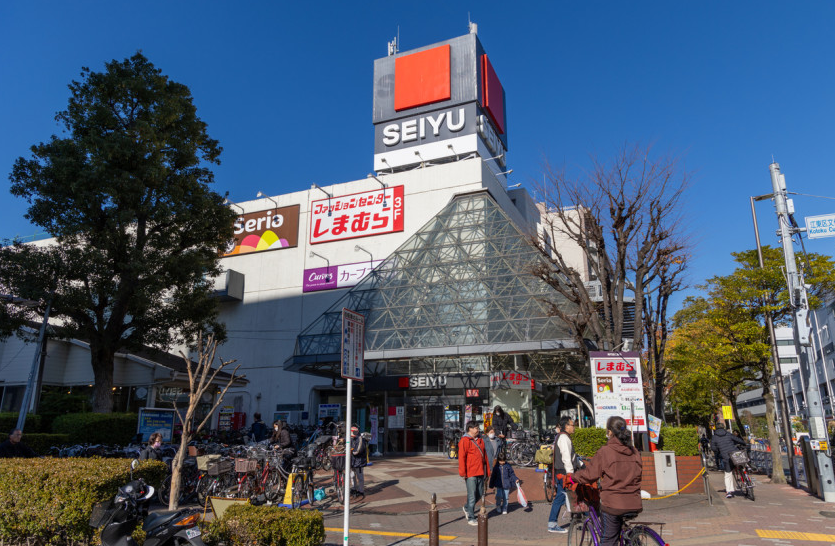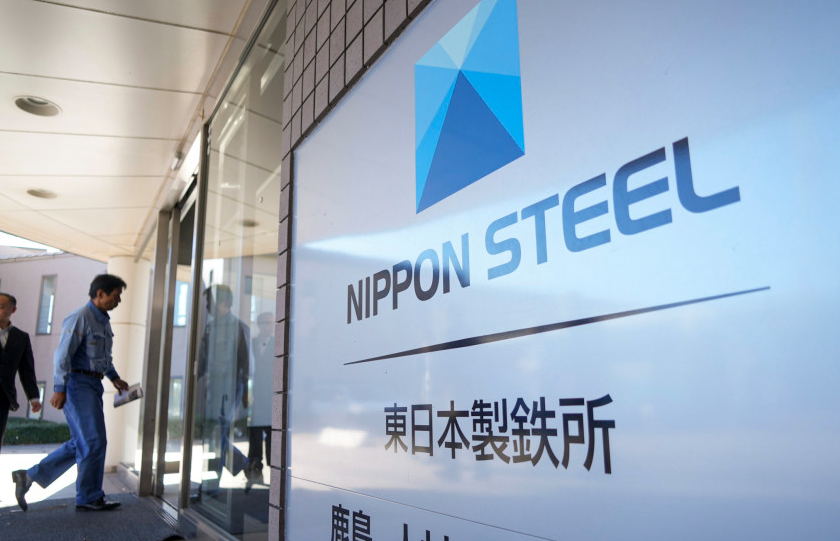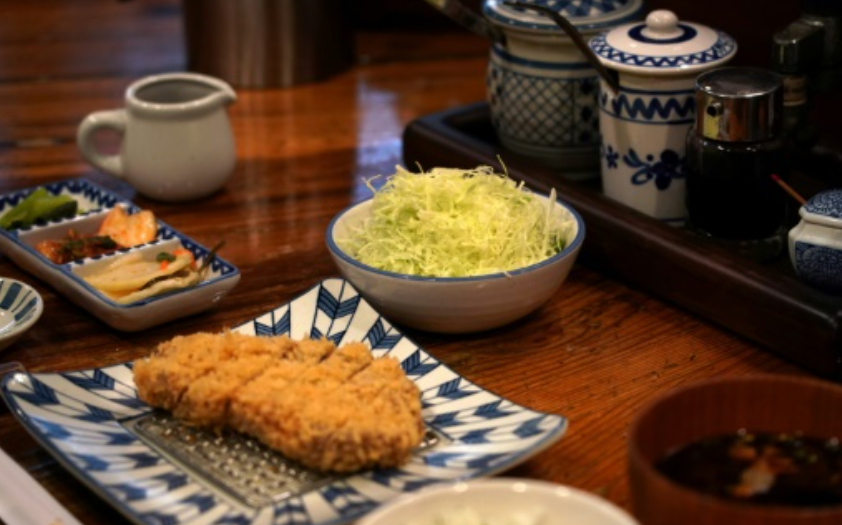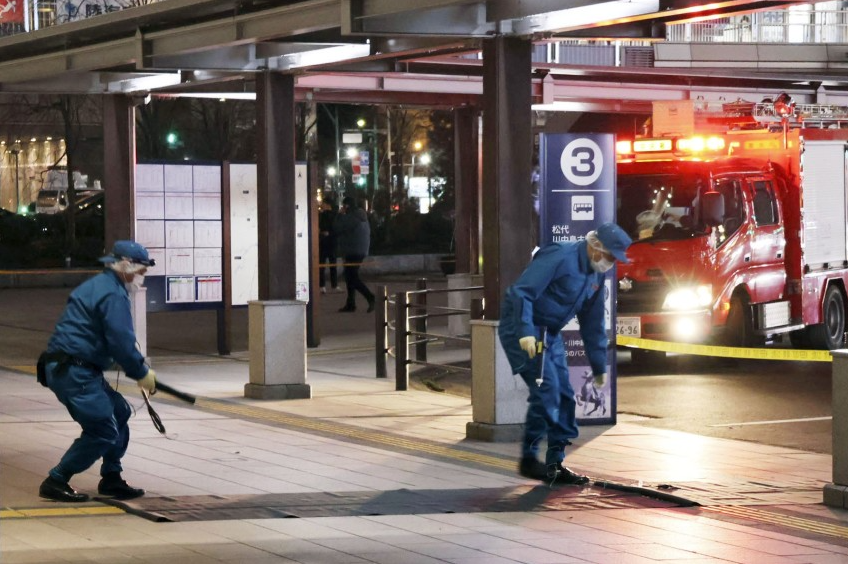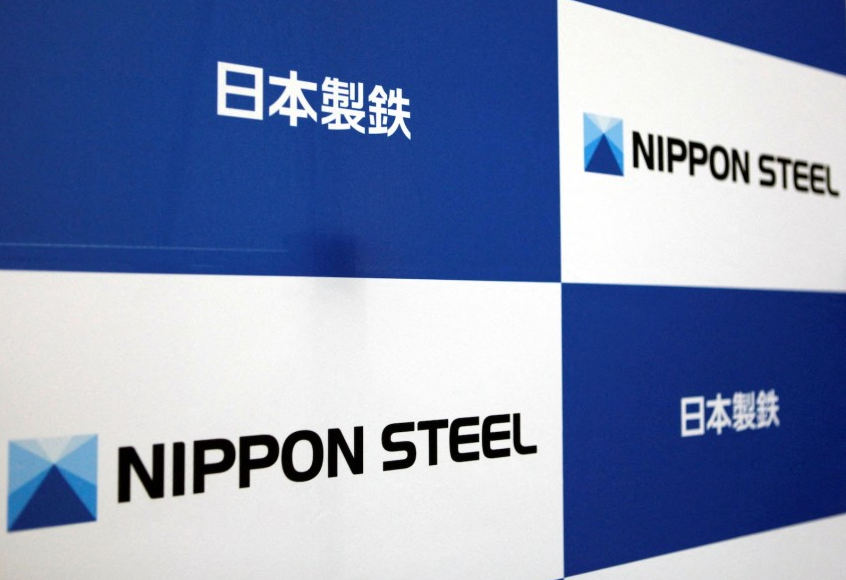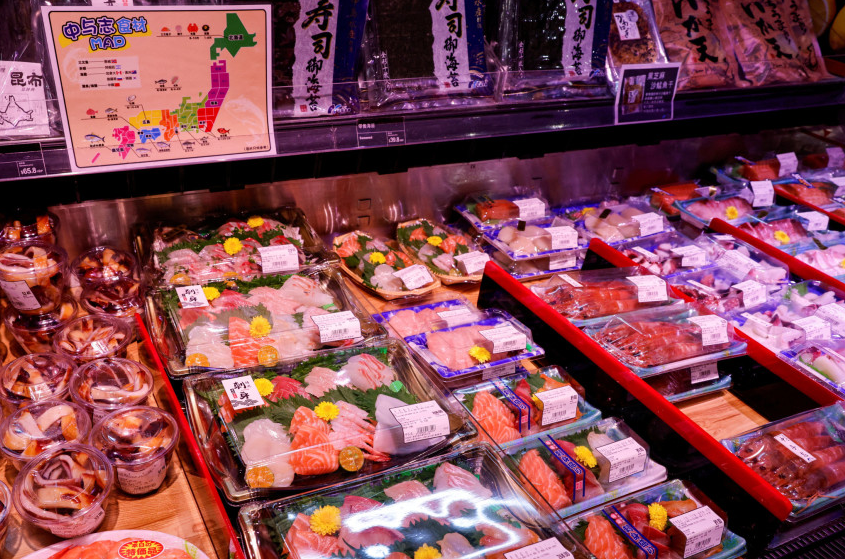发布时间:2024-01-22 人气:3 作者:郝
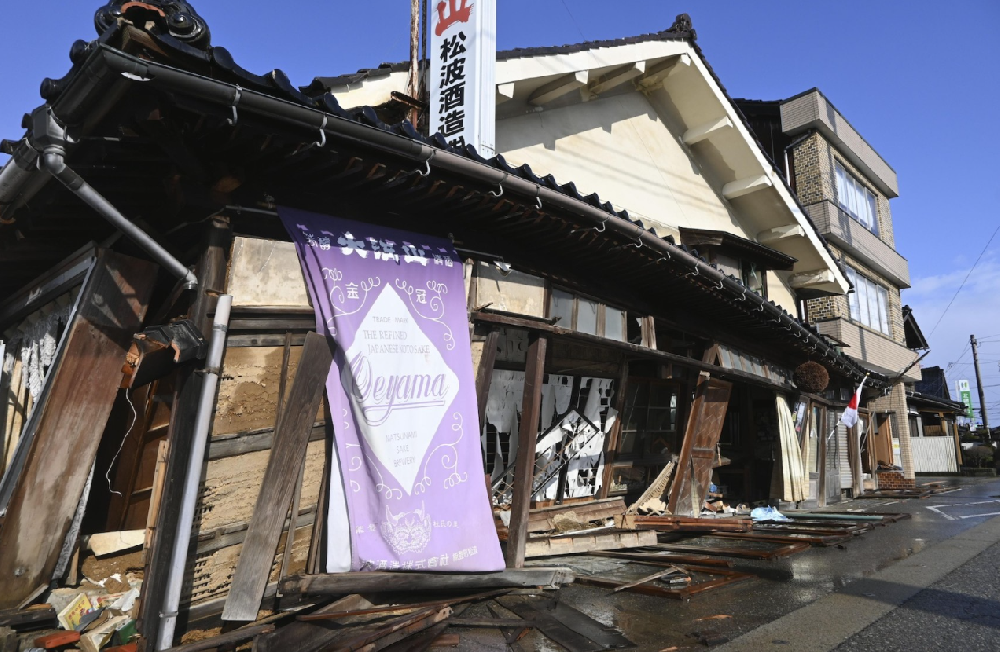
The powerful New Year's Day earthquake that ravaged a remote central Japan region has left its famed, centuries-old sake-making industry facing the danger of losing some of the craftsmanship it has nurtured to produce quality brands.
All the 11 main sake brewers in the northern part of the Noto Peninsula were severely affected by the magnitude-7.6 quake and have been forced to suspend their operations for at least a year -- with their futures left uncertain, particularly for five of them who saw their breweries completely destroyed.
A local industry group that these manufacturers belong to has started to solicit donations for them given the dire situation caused by the quake, which has left more than 230 people dead. The owner of one of the breweries said he has no choice but to "continue squeaking out a living" with no hope of rebuilding anytime soon.
Their breweries are located in three of the four municipalities on the Sea of Japan coast in the hardest-hit Okunoto, or inner Noto, region, which is known for its distinct tradition of having top-level guilds of toji master brewers.
Sake brands from Okunoto have long been a major specialty of Ishikawa Prefecture owing to the work of the guilds, reputed as one of Japan's four prominent toji alongside those in Hyogo, Niigata and Iwate prefectures.
In the industry, the word toji means chief executive brewer, the person who oversees the entire sake manufacturing process. Those who work under toji executives are collectively called kurabito, which refers to workers skilled in sake brewing.
Toji and kurabito in Okunoto have traditionally learned and honed their craft at breweries in Nada -- a famous sake-making district in Hyogo's Kobe area revered by many sake lovers as a "sacred place," and is known in and outside Japan due to being a popular tourism spot.
But the devastation caused by the quake seems certain to affect the link between guilds of master craftsmen that has made Noto brands so special, and could have an impact on the entire culture of sake making over the long term.
Nakashima Shuzoten Co. in the city of Wajima is one of the five brewers who suffered the most from the quake. Its original warehouse and store were unrecognizable, while the sake that remained sat under rubble in a tank.
"My business had just started to get on an even keel," said Ryotaro Nakashima, 35, who was just 26 when he took over the brewery from his father after he died.
Although the exact date they started is unknown, the Nakashima family has been in the sake business for more than 350 years, from as early as the Kanbun era (1661-1673). For convenience, the brewery uses 1868, the beginning of the Meiji period, as the date the business was established as the company's brewery report from that year is on record.
Its signature brand, Suehiro, is characterized by its dry taste and rich aroma.
Nakashima was at home when the massive quake struck at 4:10 p.m. on Jan. 1. He rescued his mother from the collapsing house before evacuating to safety.
"The smiles on the faces of the people who drink with me are my support," he said, adding that he sleeps in a space near the house that barely avoided being damaged. "I'm just trying to survive. It's impossible to rebuild on my own. I'm at a crossroads now."
Sakurada Sake Brewery Co. in Suzu, known for its traditional Taikei brand, also suffered damage to all of the buildings on its property, including the store and the brewery.
Roof tiles and broken glass were strewn about, while the faint aroma of sake wafted in the air.
The company had just been gearing up to resume sake production after repairing a mud wall that had collapsed following a magnitude-6.5 quake that occurred last May.
In a lucky turn of events, Hiroshi Sakurada, 52, the fourth-generation president, discovered that roughly half of the approximate 1,000 bottles in stock remained unbroken.
"I had given up, so it made me happy," said Sakurada, who now is searching for ways to rebuild.
Matsunami Brewery Inc. in the town of Noto, where the Noto toji guild originated from, was another facility that was hard hit. Like its rival breweries in the area, the company had been busy with plans of its own.
The owner, Seiko Kinshichi, 48, had been trying to ramp up production by opening sales channels overseas behind the popularity of its Oeyama brand, which has a history of more than 150 years. "We've lost too much," said Kinshichi, who also had to close the company's online sales service.
In normal times, locals participate in sake production taking place in the agricultural offseason and enjoy drinking at festivals and other events. One cultural tradition is to present people with two large 1.8-liter bottles of locally brewed sake in specially gift-wrapped boxes in times of celebration or condolence.
While the secondary evacuation has got underway for quake-affected residents, who are headed for Kanazawa, the prefectural capital of Ishikawa and a major hub of the Hokuriku region, Kinshichi said she felt comforted by the messages of support she received for her business.
"One message I got via an email from a person (in the sake industry) in Tohoku, said 'Don't give up.' That made me feel I need to think carefully about the future," she continued.
The prefectural federation of sake brewers associations has made clear that this year's shipments are all but doomed for brewers in the cities of Suzu and Wajima, as well as those from Noto town.
"We need assistance from the entire country to rebuild. We really need your help," said Shigehisa Uratani, 68, the federation's managing director.

